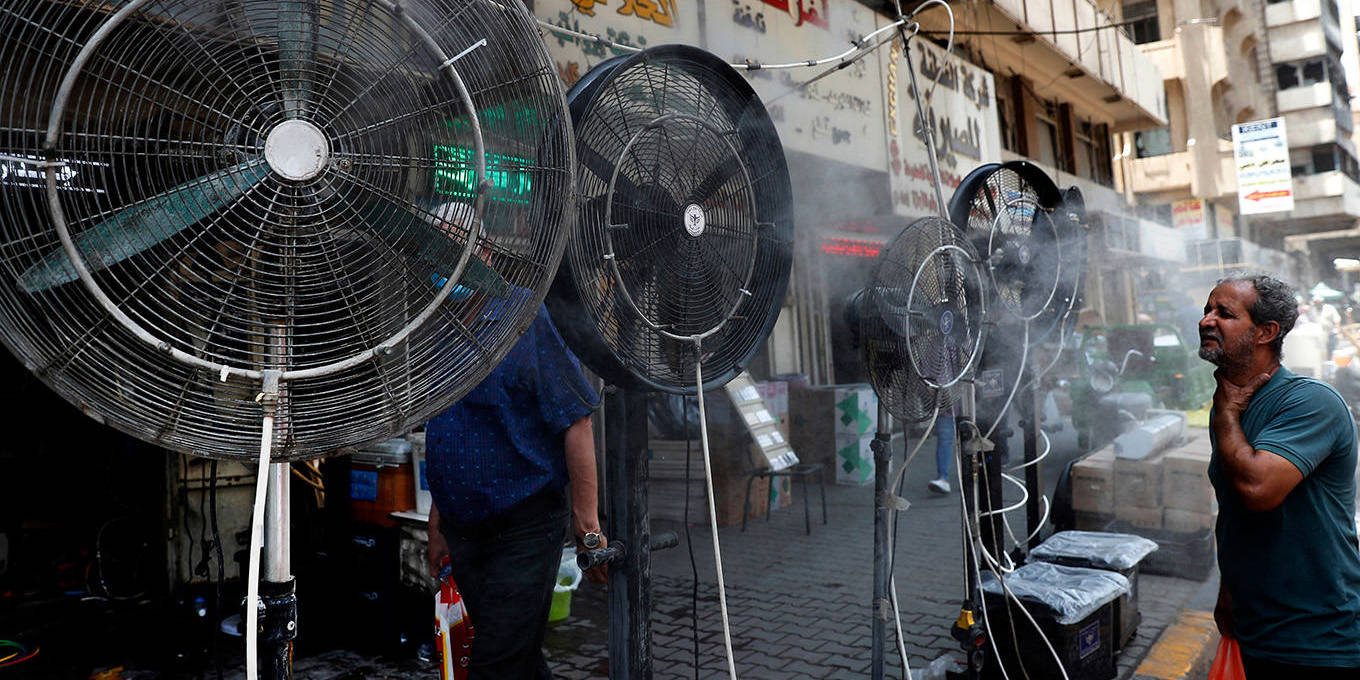
BOSTON – This summer’s record-breaking heat wave in the American northwest offered a reminder – as if it were needed – of what anthropogenic climate change will mean for living conditions now and in the future. Average global temperatures have already risen to 1.2° Celsius above pre-industrial levels and could increase by another 5°C over the next 80 years. This warming is hastening the extinction of many species and rendering parts of the world less hospitable for human habitation. By some estimates, climate change may force more than one billion people to migrate by 2050.
Confronted with such massive long-term risks, many of our long-held assumptions will need to be revised, and the economics discipline is no exception. If we are going to avoid misguided policy pathways such as those that would abandon economic growth completely (even though billions of people around the world are still in poverty), we need to adapt mainstream economics to new climate realities.
True, the discipline has long recognized the importance of environmental issues. William D. Nordhaus, the recipient of the 2018 Nobel prize in economic sciences, introduced the costs of greenhouse-gas (GHG) emissions into standard economic-growth models in 1991, and this work has shaped how economists and many policymakers think about climate change.
We hope you're enjoying Project Syndicate.
To continue reading, subscribe now.
orRegister for FREE to access two premium articles per month.
Already have an account? Log in
What Climate Change Requires of Economics by Daron Acemoglu - Project Syndicate
Read More
No comments:
Post a Comment